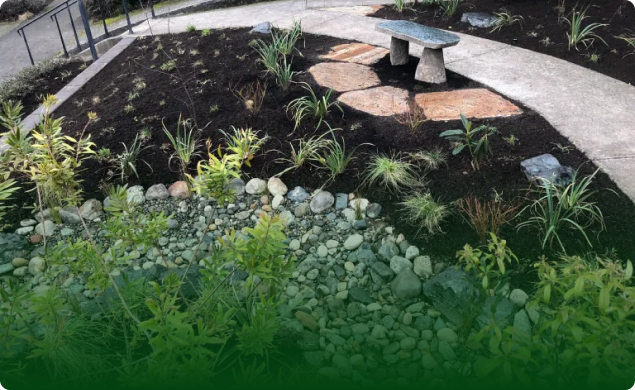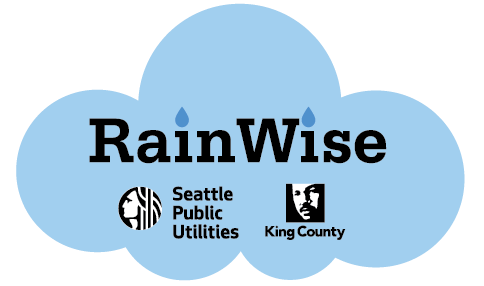As the vibrant hues of autumn descend upon the Pacific Northwest, the familiar sight of falling leaves might prompt the urge to tidy up the garden. However, before you grab that rake, consider this: not raking all your leaves could be a boon for your garden’s health, soil vitality, and the broader ecosystem. When the leaves fall and settle on your garden beds, they form a natural mulch that acts as a protective layer against winter’s chill. This insulation helps regulate soil temperature, preventing extreme fluctuations that can stress plant roots, particularly important in the PNW’s temperate climate. As these leaves decompose over time, they contribute organic matter, enriching the soil with vital nutrients that serve as a natural fertilizer for your plants.
Garden Health: A Natural Blanket
Leaving some leaves scattered across your garden acts as a natural blanket, protecting the soil from harsh winter conditions. In the Pacific Northwest, where winters can be relatively mild, this layer of leaves helps regulate soil temperature, preventing extreme fluctuations that can stress plant roots. The decomposing leaves also contribute organic matter to the soil, enriching it with essential nutrients that foster healthier plant growth. This process of decomposition not only nourishes the soil but also enhances its structure, promoting better water retention and drainage—crucial factors for a thriving garden.
Soil Health: Microbial Magic
Beneath that seemingly messy layer of leaves lies a thriving ecosystem of microorganisms. These tiny creatures play a vital role in breaking down organic matter, decomposing the fallen leaves into nutrient-rich humus. When you rake away this layer, you disrupt this delicate balance, depriving your soil of the microbial magic essential for a flourishing garden. The microorganisms in the soil perform a range of beneficial functions, from aiding nutrient absorption by plant roots to suppressing harmful pathogens. By allowing nature to take its course, you’re fostering a dynamic soil environment that promotes plant health in ways that a pristine, raked garden cannot, and the soil microbes will have digested and decomposed most of the leaves by spring anyways.
Ecosystem Health: A Haven for Wildlife
For our non-expert PNW gardeners, leaving some leaves undisturbed can be a gift to local wildlife. Creatures like the Pacific tree frog, the western painted turtle, and the Oregon swallowtail butterfly find refuge in the fallen leaves. These native species rely on leaf litter for shelter, protection, and even as a food source. By allowing a natural layer of leaves to remain, you’re creating a habitat that supports the biodiversity unique to the Pacific Northwest. Birds, insects, and other small animals also benefit, forming a complex web of life that contributes to the overall health and resilience of the local ecosystem.
What to Do Instead: Mulch and Compost
For those concerned about the aesthetics of unraked leaves, consider turning them into a resource rather than waste. Mulch the leaves around trees and shrubs to provide insulation and suppress weeds. This not only mimics the natural forest floor but also creates a visually appealing and functional landscape. Additionally, start a compost pile or invest in a worm bin for leaves that must be raked from sidewalks and walkways. This way, you’re not only reducing waste but also creating nutrient-rich compost that can be used to enhance your garden’s fertility. It’s a sustainable and practical solution that transforms what might be seen as a chore into a positive contribution to your garden’s ecosystem.







